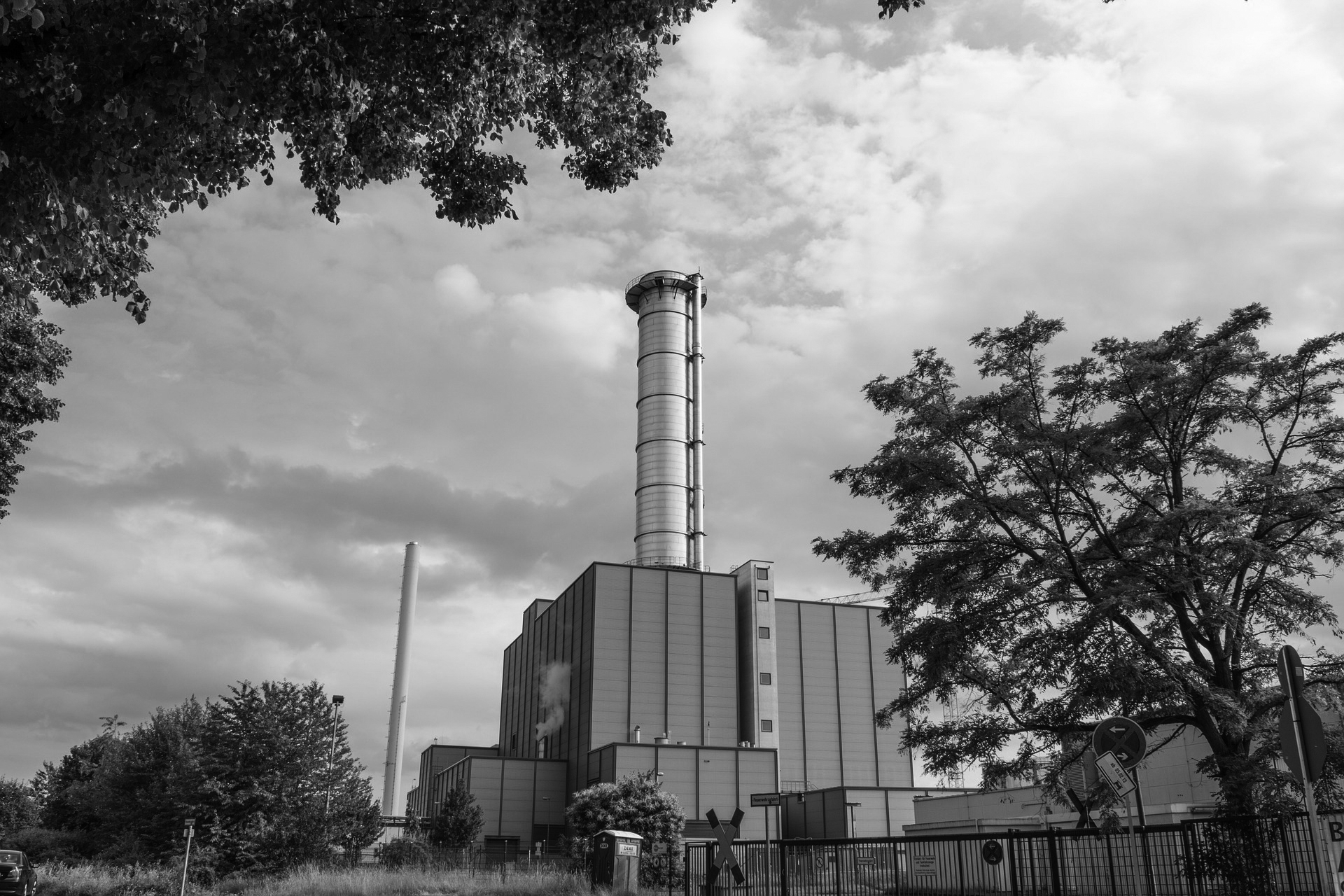In 2021, 20 countries pledged to no longer fund the development of fossil fuel power plants in other countries. This commitment threatens to keep millions of Africans from moving out of poverty by depriving the continent’s countries of the energy they need to develop and can best be understood as a type of environmental colonialism.
Energy is the backbone of economic development and Africa remains the most economically underdeveloped region on Earth. While global markets have brought billions of people out of poverty and into the middle class in Asia and the Americas over the past several decades, over 40% of Africa’s 1.2 billion people still live in extreme poverty, a rate almost three times that of any other region.
Every economy needs a steady and reliable supply of energy. A lack of power, or undependable power that results in frequent blackouts, blockades the ability to develop a modern economy, whether industrial or commercial. Even more, the lack of reliable electricity leaves hundreds of millions of households dependent on highly polluting sources, such as charcoal for home cooking and heating. Millions of people die each year from indoor air pollution, mostly women, and many because of the use of home cooking fuels.
“Unfortunately, wind and solar are not dispatchable on demand”
What Africa, like the developed world, needs is a combination of a reliable base source of energy, always available, plus the ability to ‘load follow’. Load following is the capacity to adjust to changing energy demands across the course of a day and over time as events – often weather ones – cause higher or lower peak demands. The energy must be available to be dispatched on demand. Unfortunately, wind and solar are not dispatchable on demand; they are neither reliable as a base load nor for load following.
This means that renewable energy sources are not a near-term solution for Africa’s economic development. Even the developed West is struggling to make renewables work as the primary energy source. Both Germany and Britain have found that they still need to use coal to provide reliability, making them miss their greenhouse gas reduction targets. Asking Africa to take on a task that nobody else has yet managed to accomplish is unrealistic.

























